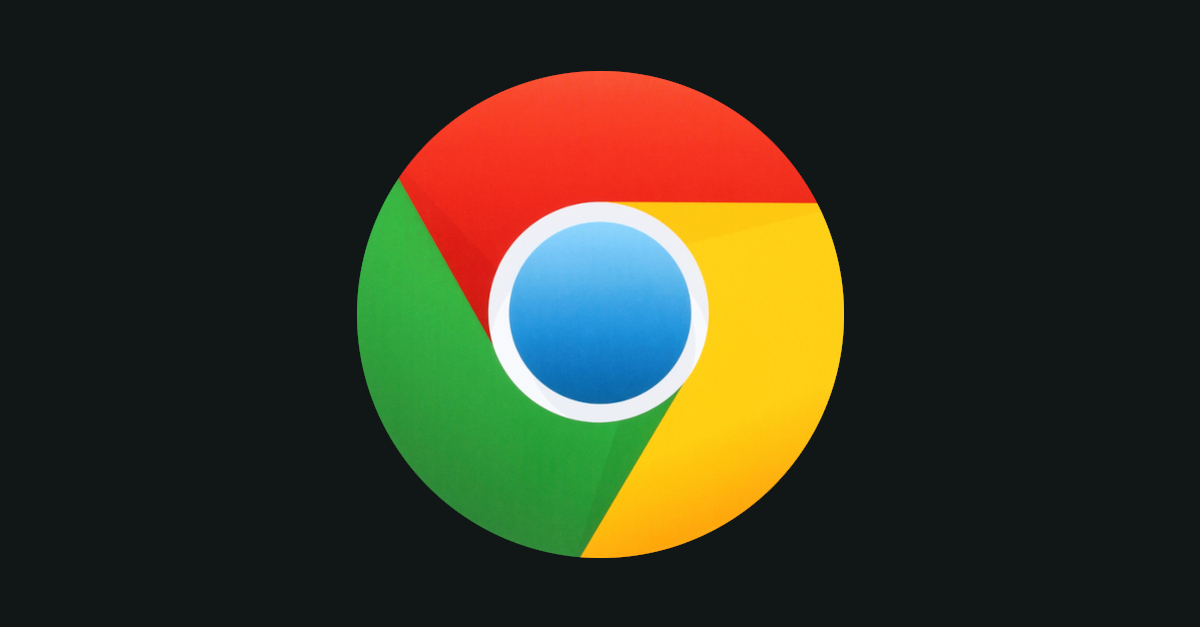Security News

An Internet Explorer 11 zero-day vulnerability used against security researchers, not yet fixed by Microsoft, today received a micropatch that prevents exploitation. An MHT file, or MIME HTML, is a special file format used by Internet Explorer to store a web page and its resources in a single archive file.
![S3 Ep19: Chrome zero-day, coffee hacking and Perl.com stolen [Podcast]](/static/build/img/news/s3-ep19-chrome-zero-day-coffee-hacking-and-perl-com-stolen-podcast-small.jpg)
We delve into Google's tight-lipped Chrome bugfix, explain how a Belgian researcher awarded himself 111,848 cups of coffee, and discuss the audacious but thankfully temporary theft of the Perl.com domain. WHERE TO FIND THE PODCAST ONLINE. You can listen to us on Soundcloud, Apple Podcasts, Google Podcasts, Spotify, Stitcher, Overcast and anywhere that good podcasts are found.

Microsoft has plugged 56 security holes, including one actively exploited privilege escalation flaw. Adobe has released security updates for Acrobat and Reader, Dreamweaver, Photoshop, Illustrator, Animate, and the Magento CMS. Out of all of those, the Acrobat and Reader updates should be tested and deployed as soon as possible, as they fix a bucketload of critical and important issues in widely used solutions, including one bug that is being exploited in "Limited" attacks on Reader for Windows.

Today is Microsoft's February 2021 Patch Tuesday, so please be buy your Windows administrators some snacks to keep their energy up throughout the day. With today's update, Microsoft has fixed for 56 vulnerabilities, with eleven classified as Critical, two as Moderate, and 43 as Important.

The more complex a system and the more predictable the response in general the more fragile it is to unintended input or exceptions at it's outputs. The undeniable issue is humans realy "Learn by doing" or more politely "Experience".

Google late Thursday night shipped an emergency patch to close a Chrome browser vulnerability that was being used in mysterious zero-day attacks. The Google Chrome patch, which is being pushed via the browser's automatic self-patching, covers a critical vulnerability in V8, Google's JavaScript and WebAssembly engine.

Google, whose Project Zero bug-hunting team is often surprisingly vocal when describing and discussing software vulnerabilities, has taken a very quiet approach to a just-patched bug in its Chrome browser. The phrase "Exploit exists in the wild" is shorthand for "The crooks found this vulnerability before we did and are already using it in real-life attacks".

The heap-buffer overflow error exists in V8, an open-source WebAssembly and JavaScript engine developed by the Chromium Project for Google Chrome and Chromium web browsers. Researchers urge Google Chrome users to update as soon as possible.

If you use Google Chrome or a Chromium-based browser such as Microsoft Edge, update it immediately and/or check it for updates over the coming days: there is a zero-day bug being "Actively exploited" in the older version of Chrome that will also affect other vendors' browsers. Details are intentionally scant until enough of the wider world has installed the update, but the flaw exists in how Chrome handles heap overflows in V8, Chromium's Javascript engine.

Google has addressed an actively exploited zero-day security vulnerability in the Chrome 88.0.4324.150 version released today, February 4th, 2020, to the Stable desktop channel for Windows, Mac, and Linux users. "Google is aware of reports that an exploit for CVE-2021-21148 exists in the wild," the Google Chrome 88.0.4324.150 announcement reads.